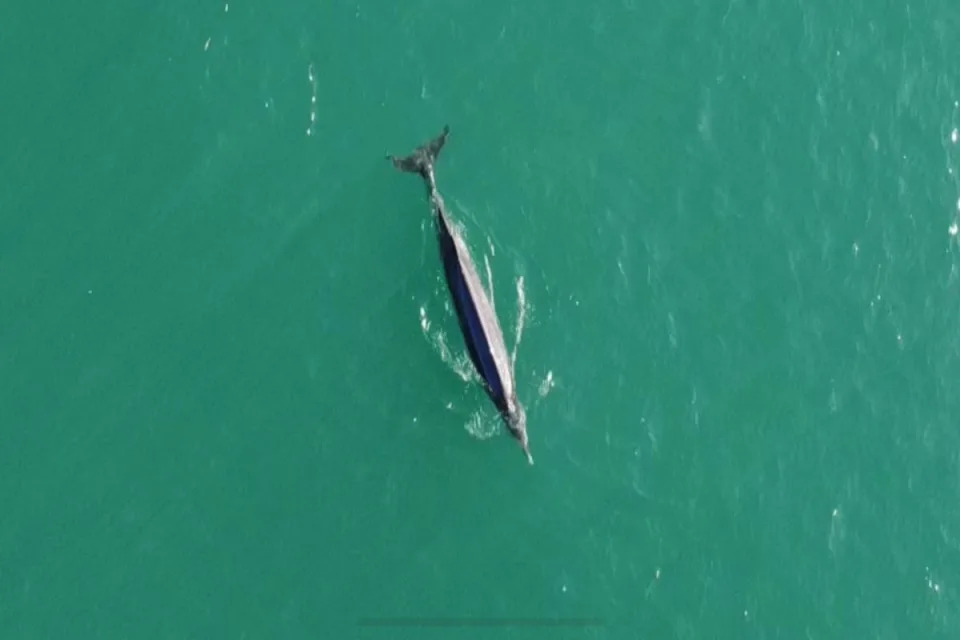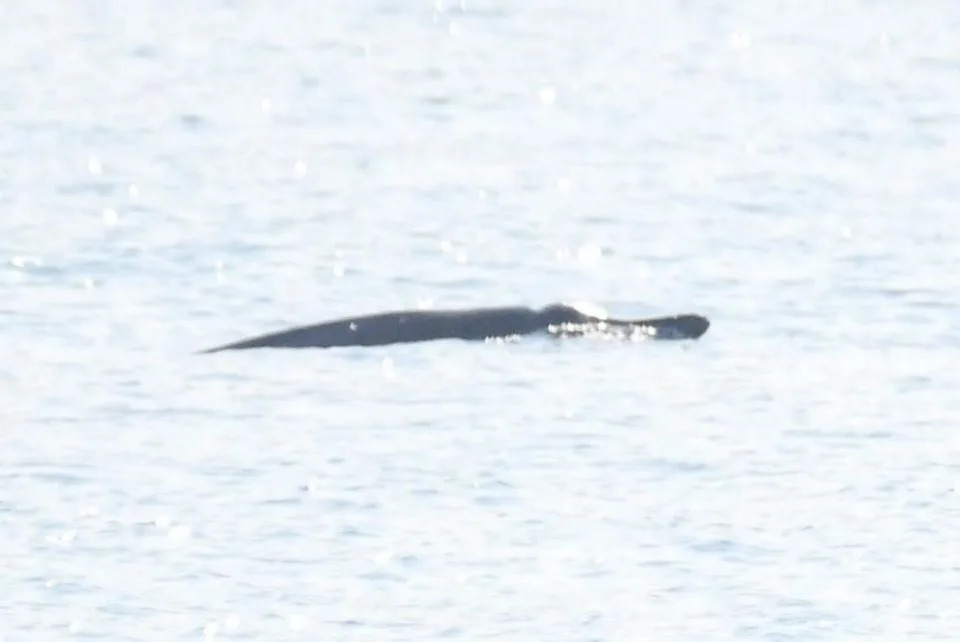The ongoing ordeal of Pakistan’s automobile industry is no secret, and the unfolding story is little short of a tragedy for an industry that only until recently was endorsed as being among the leaders of Pakistan’s economic resurgence.
A growing, young population and a rising middle class with increasing disposable income had provided a welcome boost in the demand for cars. The successful implementation of the five-year Automobile Policy and the focus on the China-Pakistan Economic Corridor (CPEC) had also promised to create avenues for collaboration with Chinese automakers, bringing advanced technologies and investment to the country. Once dominated by a handful of manufacturers, the sector had seen a surge in investments from new players, a boost in local production and advancements in technology. Pakistan, the 15th largest automobile manufacturer-assembler in the world, was poised to rise even higher and very quickly.
Yet, the promise has effectively fallen flat. In the last year-and-a-half, political upheaval and economic instability have resulted in rampant inflation, a heavily depreciated rupee, stringent import restrictions, production shutdowns and a crash in demand.
What Went Wrong?
The dollar ran amok against the Pakistani rupee; the greenback an endangered species fast vanishing from State Bank coffers as well as the open market. As a result, the government clamped down on imports to save what little dollar deposits were left (at an estimate as little as under one billion dollars). With thousands of tonnes of imports stranded at Karachi ports, local industrial production had little to run on, resulting in most of the major auto assemblers shutting down their plants for extended periods of time. Figures by the Pakistan Automotive Manufacturers Association (PAMA) paint a sad picture. Production declined by nearly 55% in FY 2022-23, with only 101,984 units produced compared to 226,433 assembled in FY 2021-22.
The depreciation of the Pakistani Rupee, which crossed Rs 300 to a dollar at one stage, resulted in astronomically high prices for all vehicles – from passenger cars to trucks and motorcycles, inevitably leading to stagnant demand. Making matters worse, further economic tremors discouraged new local and foreign investment. The inflation that ran wild nearly barricaded all classes (save the elite) from any type of car purchase. The current mark-up rates of 23% have been the highest ever in Pakistan’s financial history, and reflect the gravity of the economic situation. Not surprisingly, passenger car sales have taken a severe thrashing. In FY 2022-23, only 126,879 units were sold, compared to 279,267 units that were sold in FY 2021-22 – a decline of nearly 60%.
The Budget.
The industry, therefore, hoped to see some light at the end of the tunnel in the budget announcement, albeit without holding out much hope. Industry worries hovered around a raft of possible taxation jack-ups across the usual suspects – advance income tax, capital value tax, customs duty on new cars and withholding tax based on the invoice price.
Fortunately, when the budget was finally rolled out, none of these salvoes were fired, at least not on the surface. But it was not good news for cars with engine capacities of 2000cc and above. The new policy indicated that a fixed tax of six percent will be imposed on the value of vehicles with engine capacities from 2001cc to 2500cc. Vehicles with engine capacities from 2501cc to 3000cc will be taxed at eight percent of their value. Cars with engine power exceeding 3000cc will be subject to a 10% tax based on their value.
 It is interesting to note the way the value of the cars will be ascertained. The Customs Department will be tasked to evaluate the authentic import value of such cars, which will then be used to calculate the applicable customs duty, federal excise duty (FED) and sales tax. For completely built-up (CBU) and locally assembled cars, with engine capacities above 2001cc, the total invoice value (inclusive of all taxes and duties) will be used to impose the fixed tax regime for all three categories of passenger cars respectively. This step has effectively increased the price of passenger cars in these categories from Rs 300,000 to Rs 1.7 million at a single stroke and is already reflected in passenger car prices in July 2023.
It is interesting to note the way the value of the cars will be ascertained. The Customs Department will be tasked to evaluate the authentic import value of such cars, which will then be used to calculate the applicable customs duty, federal excise duty (FED) and sales tax. For completely built-up (CBU) and locally assembled cars, with engine capacities above 2001cc, the total invoice value (inclusive of all taxes and duties) will be used to impose the fixed tax regime for all three categories of passenger cars respectively. This step has effectively increased the price of passenger cars in these categories from Rs 300,000 to Rs 1.7 million at a single stroke and is already reflected in passenger car prices in July 2023.
Moreover, a flat 35% customs duty has been imposed on the import of specified car components. In this respect, industry commentators believe that they should have been adapted across different parts, given their critical nature and importance in the overall functioning of the vehicle. By adopting a flat rate for parts as varied as bumpers, spare tyres, suspension and brake components, protective strips, and luggage compartments, the government is stonewalling assemblers already struggling to keep their costs of production down.
Despite the prevailing doomsday scenario, the elite class is apparently unaffected. In the month of June 2023 alone, 1,159 cars worth $20 million were imported. This is primarily because of a suspected recent change in the policy, which now apparently allows such imports based on the assessed value of the vehicles (opening the door for ‘under-invoicing’ practices) and not on the engine capacity as was the case earlier. This will mean more imports in the coming months. Such double standards built into a policy are suicidal and hardly beneficial for the industry in general.
Silver Lining.
Perhaps the only policy positive in the budget is permitting the import of fully assembled hybrid electric vehicles (HEVs) at a one percent duty rate. Similarly, the import of HEV components will be allowed at a four percent duty rate, provided they meet certification and import quota requirements. Another bit of happy news is that Pakistan is making small dents in the export market for parts, with Toyota Pakistan signing a memorandum with Toyota Egypt to export locally-made parts.
What next?
Although no new taxes were levied on regular car categories, the budget has not given any policy direction on the critical issue of importing completely knocked down (CKD) kits without permission from the State Bank of Pakistan. This dilly-dallying over the last one year has been one of the main reasons why auto manufacturers are continuing to shut down their plants, triggering unemployment, disinvestment and plummeting revenues, both for the industry and the government. Industry analysts believe that the federal government has not taken any steps to address the issues of the core automobile industry and given the IMF conditionalities, the unfortunate assessment is that the industry will remain stagnant for many more months to come.
Mazhar M. Chinoy has led the marketing services function for a leading multinational automobile company and is currently a director at LUMS.
mm_chinoy@hotmail.com














 Hong Kong's top court will decide on Tuesday if the city will recognise same-sex marriages © Philip FONG / AFP
Hong Kong's top court will decide on Tuesday if the city will recognise same-sex marriages © Philip FONG / AFP


 It is interesting to note the way the value of the cars will be ascertained. The Customs Department will be tasked to evaluate the authentic import value of such cars, which will then be used to calculate the applicable customs duty, federal excise duty (FED) and sales tax. For completely built-up (CBU) and locally assembled cars, with engine capacities above 2001cc, the total invoice value (inclusive of all taxes and duties) will be used to impose the fixed tax regime for all three categories of passenger cars respectively. This step has effectively increased the price of passenger cars in these categories from Rs 300,000 to Rs 1.7 million at a single stroke and is already reflected in passenger car prices in July 2023.
It is interesting to note the way the value of the cars will be ascertained. The Customs Department will be tasked to evaluate the authentic import value of such cars, which will then be used to calculate the applicable customs duty, federal excise duty (FED) and sales tax. For completely built-up (CBU) and locally assembled cars, with engine capacities above 2001cc, the total invoice value (inclusive of all taxes and duties) will be used to impose the fixed tax regime for all three categories of passenger cars respectively. This step has effectively increased the price of passenger cars in these categories from Rs 300,000 to Rs 1.7 million at a single stroke and is already reflected in passenger car prices in July 2023.